Luis Ayllón
The Swiss ambassador to Spain, Hanspeter Mock, stressed last Thursday that his country considers respect for International Humanitarian Law and the validity of the Geneva Conventions, which are celebrating their 75th anniversary, to be a priority.
Hanspeter Mock made these statements during his speech at the reception held at his residence on the occasion of Switzerland’s National Day, which was attended by numerous people, including the Ombudsman, Ángel Gabilondo, and the Director General for Europe of the Swiss Ministry of Foreign Affairs, Sonjia Hürlimann. The Deputy Director General for EU Candidate Countries, Countries of the European Economic Area and Other European Countries, Héctor Castañeda, was present on behalf of the Spanish Ministry. A large number of ambassadors from different geographical areas were also present.
The ambassador began by pointing out that the annual political consultations between the two countries had taken place in Madrid on that very day, and stating that relations between Switzerland and Spain are “excellent in all areas”.
After acknowledging that when one speaks of his country, watches, cheeses and alpine landscapes immediately come to mind, and less so technology and innovation, he stressed that, nevertheless, Switzerland regularly tops the world rankings of the most innovative countries, and that thanks to that it is among the main exporters of chocolate or coffee, without growing cocoa or coffee beans on its territory.
The ambassador recalled that in 2024 it will be 75 years since the signing of the four Geneva Conventions that constitute the core of International Humanitarian Law, a moment that he considered appropriate to insist on respect for them. “Together – he said – we have to defend the basic principles and values of dignity and humanity incorporated in these conventions and their additional protocols”.
Mock said that Switzerland feels a special responsibility in this field, because the International Committee of the Red Cross (ICRC) was born in the country, which insists that civilians and humanitarian workers cannot be the object of attacks or warlike actions and that, in Ukraine, Gaza, Sudan or in many other places where there are armed conflicts, “even wars have rules.”
On this point, he emphasized that Switzerland, during its mandate as a non-permanent member of the UN Security Council “has made respect for International Humanitarian Law in general and the protection of civilians and humanitarian personnel in particular a priority.” And quoting some words from its foreign minister on the Geneva Conventions, he said that “it is not the rules of International Humanitarian Law that are inadequate, the problem is the lack of will to respect them and to enforce them.”
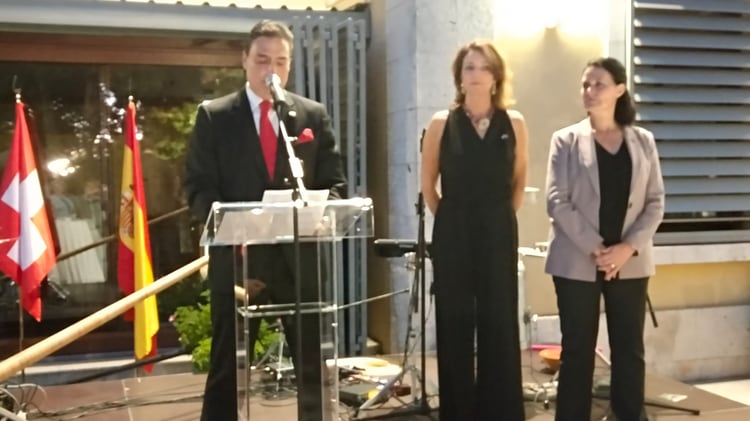
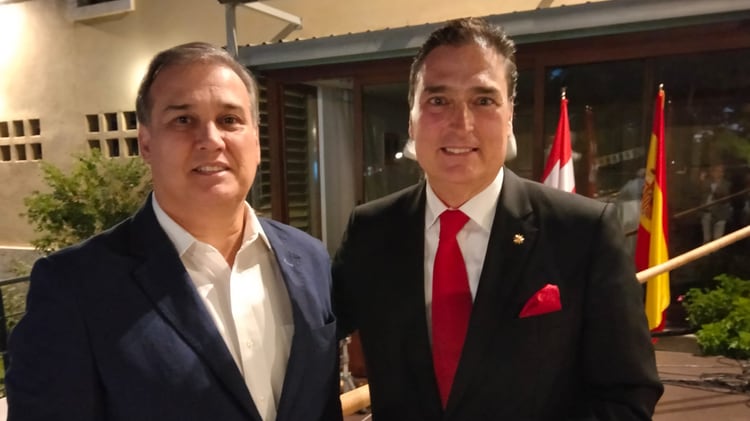
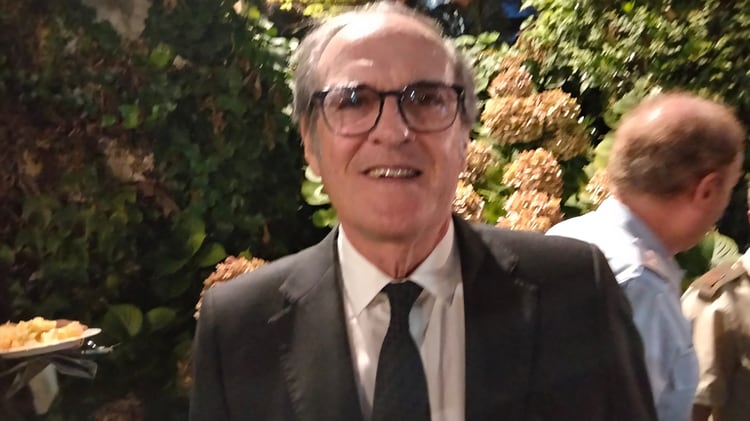
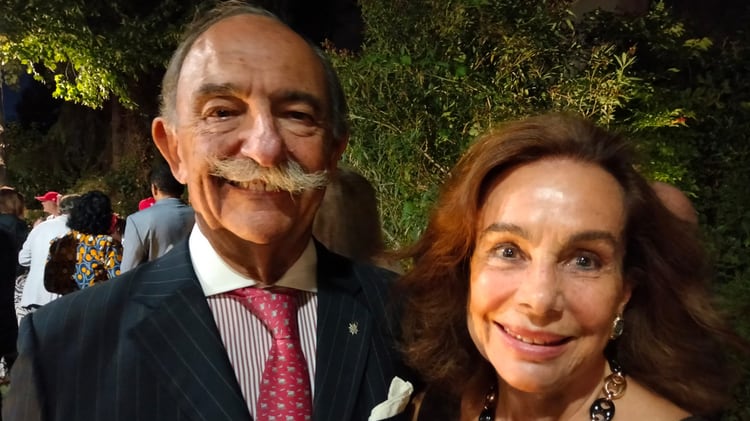
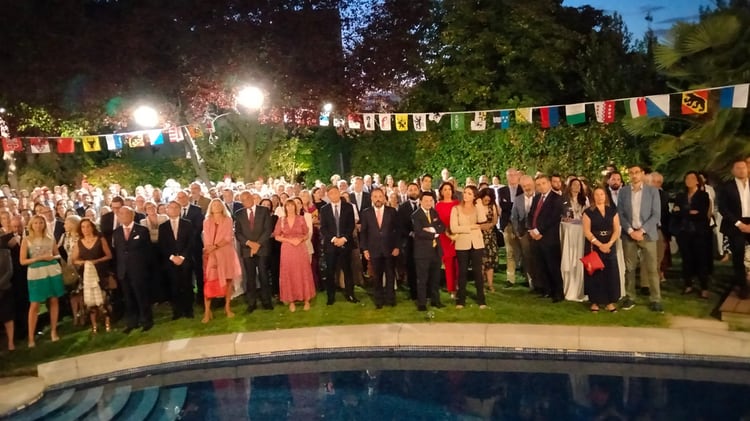
.






